10 Stocks to Invest in the Health Care Revolution
These companies are fighting disease and improving our standard of care.


Profit and prosper with the best of Kiplinger's advice on investing, taxes, retirement, personal finance and much more. Delivered daily. Enter your email in the box and click Sign Me Up.
You are now subscribed
Your newsletter sign-up was successful
Want to add more newsletters?

Delivered daily
Kiplinger Today
Profit and prosper with the best of Kiplinger's advice on investing, taxes, retirement, personal finance and much more delivered daily. Smart money moves start here.

Sent five days a week
Kiplinger A Step Ahead
Get practical help to make better financial decisions in your everyday life, from spending to savings on top deals.

Delivered daily
Kiplinger Closing Bell
Get today's biggest financial and investing headlines delivered to your inbox every day the U.S. stock market is open.

Sent twice a week
Kiplinger Adviser Intel
Financial pros across the country share best practices and fresh tactics to preserve and grow your wealth.

Delivered weekly
Kiplinger Tax Tips
Trim your federal and state tax bills with practical tax-planning and tax-cutting strategies.

Sent twice a week
Kiplinger Retirement Tips
Your twice-a-week guide to planning and enjoying a financially secure and richly rewarding retirement

Sent bimonthly.
Kiplinger Adviser Angle
Insights for advisers, wealth managers and other financial professionals.

Sent twice a week
Kiplinger Investing Weekly
Your twice-a-week roundup of promising stocks, funds, companies and industries you should consider, ones you should avoid, and why.

Sent weekly for six weeks
Kiplinger Invest for Retirement
Your step-by-step six-part series on how to invest for retirement, from devising a successful strategy to exactly which investments to choose.
The pandemic has put the health care industry under a global spotlight. Biotechnology and big pharmaceutical firms are front and center as the world races toward a vaccine for COVID-19. There may be many winners, and there may be a few losers, but the current crisis has reminded the world that we are living in a new age of science.
Cures for chronic infectious diseases, targeted cancer therapies and gene editing are just a few of the breakthroughs made in the past decade. And more discoveries are coming. “The speed of science is increasing,” says Joshua Riegelhaupt, assistant manager of Baron Health Care fund. “That’s why we think this is the century of biology,” he says.
These developments are improving the standard of care, says Julia Angeles, an investment manager with a specialty in health care at investment firm Baillie Gifford. “We understand more what drives diseases, and we’re able to develop drugs that are more precise, more efficient and more effective,” she says. The investing landscape is changing, too. Many health care stocks that were once considered defensive, nest-egg investments have morphed into growth stocks. Investors can bank on more change. We are in “the early innings of transformative global change due to innovation in health care,” says Riegelhaupt.
With that in mind, we set out to find stocks poised to follow new approaches in health care that can save costs and improve outcomes.
Stock prices and other data are through June 12.

Acceleron Pharma
- Market value: $5,133 million
- Price-earnings ratio: Not material
- Yield: --
Acceleron Pharma (XLRN, $95) already has one drug on the market in partnership with Bristol-Myers Squibb. The treatment, for two blood disorders, is a potential blockbuster. Another drug in late-stage trials could be a big seller, too. It treats pulmonary arterial hypertension, a rare, progressive type of high blood pressure that weakens arteries in the lungs and heart. “Most PAH patients die within five to seven years,” says Baron’s Riegelhaupt. Acceleron’s PAH drug, unlike others that treat only the symptoms, has indicated it can slow the disease by “telling the arterial muscles to relax,” he says.
The risks are high. If clinical trials fail, the shares will suffer. Plus, the company has little in the way of revenue and no earnings. But the firm has low debt and $414 million in cash on the balance sheet. And royalty checks from Bristol-Myers Squibb for the joint-venture drug will help buoy the business, says T. Rowe Price Health Care manager Ziad Bakri.
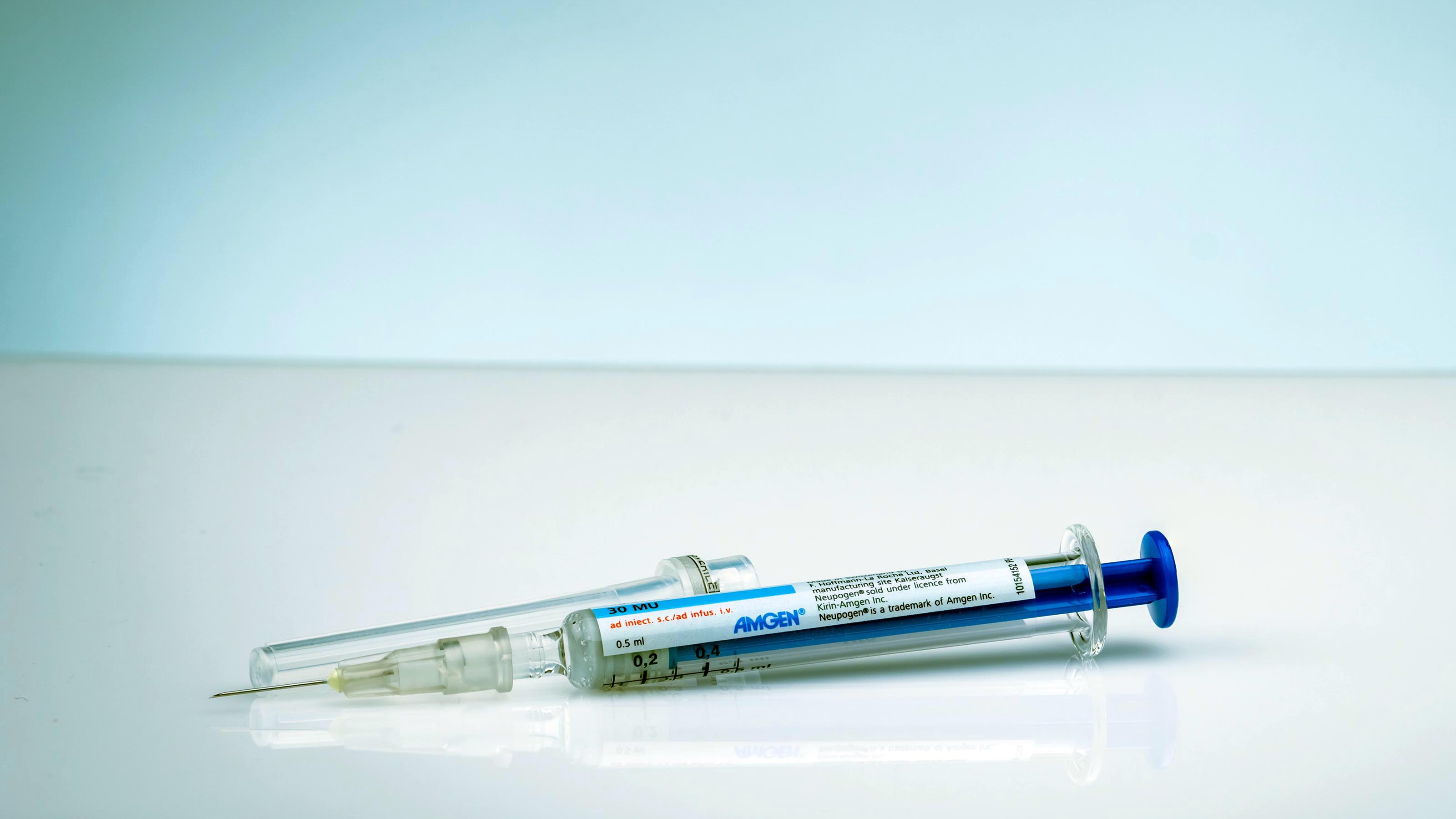
Amgen
- Market value: $128,179 million
- Price-earnings ratio: 14
- Yield: 2.9%
The stock price of Amgen (symbol AMGN, $218), the grandfather of biotech companies, is soaring. Like many firms, Amgen is working on a COVID-19 vaccine, which has in part fueled the stock’s rise. It’s also testing Otezla, a psoriasis drug it recently acquired, as a potential COVID treatment. But the firm’s fortunes have also revived thanks to a major cost-cutting push, expansion in China and Japan, and new products on the market, including Kanjinti, for breast cancer.
All told, analysts expect a 9% jump in earnings in 2021 over 2020 levels, and 6% average annual growth over the next five years. That’s considerable, given Amgen’s hefty $128 billion market value. More important, the firm wins an “A++” for financial strength from Value Line. The stock yields 2.9%. At current prices, shares are a bargain relative to peers, at roughly 14 times estimated earnings for the year ahead. Though earnings are in flux across many industries because of the pandemic and the recession, Value Line gives Amgen a top score, 100, for earnings predictability.
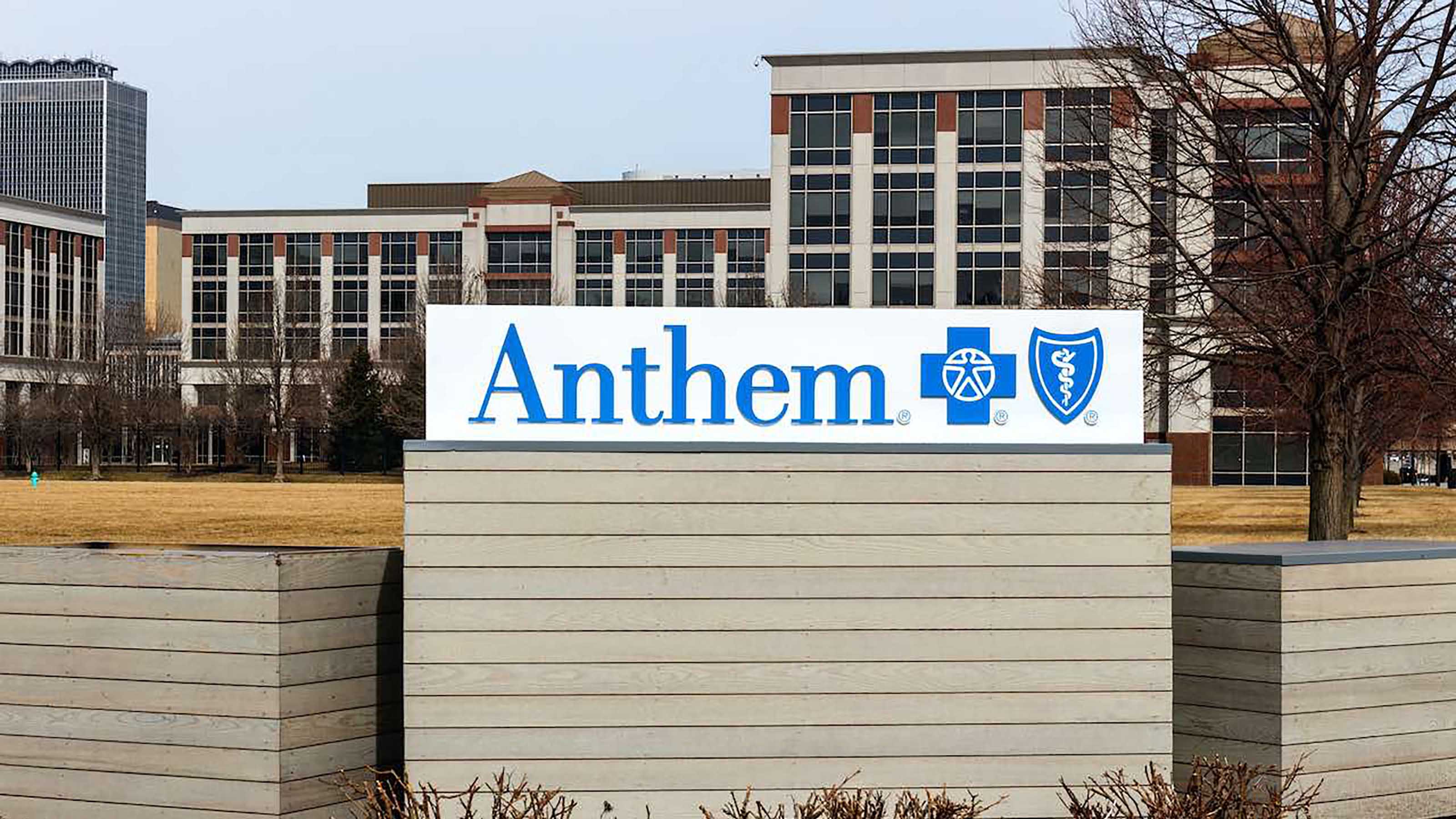
Anthem
- Market value: $66,997 million
- Price-earnings ratio: 12
- Yield: 1.4%
If you know Blue Cross Blue Shield, then you know Anthem (ANTM, $266). It is the largest Blue Cross medical benefits provider, with more than 40 million Americans on its rolls through employer-sponsored plans, Medicare and individual plans. Its diverse client roster gives Anthem “recession-favorable characteristics that have been largely ignored,” says UBS analyst Whit Mayo.
Anthem is a steady business. Over the past 10 years, revenue has increased 6% annualized; earnings, 12%. The firm has strategic initiatives in play to improve results and drive costs down, including its newly launched IngenioRX, a drug benefit management platform, and LiveHealth Online, a telehealth platform. Anthem hopes these moves and others will boost growth in revenue by up to 12% and earnings by up to 15% over the next three years, annualized. Pandemic-related job losses may curb these goals, if the number of insured members on Anthem’s employer-sponsored rolls falls, but Morningstar analyst Julie Utterback still expects low-double-digit annualized earnings growth through 2024.
The shares are a bargain. They currently trade at 12 times projected earnings for the year ahead; peers trade at 18. “The company’s earnings are going to do just fine through this crisis,” says Artisan Select Equity manager Dan O’Keefe. The stock yields 1.4%.
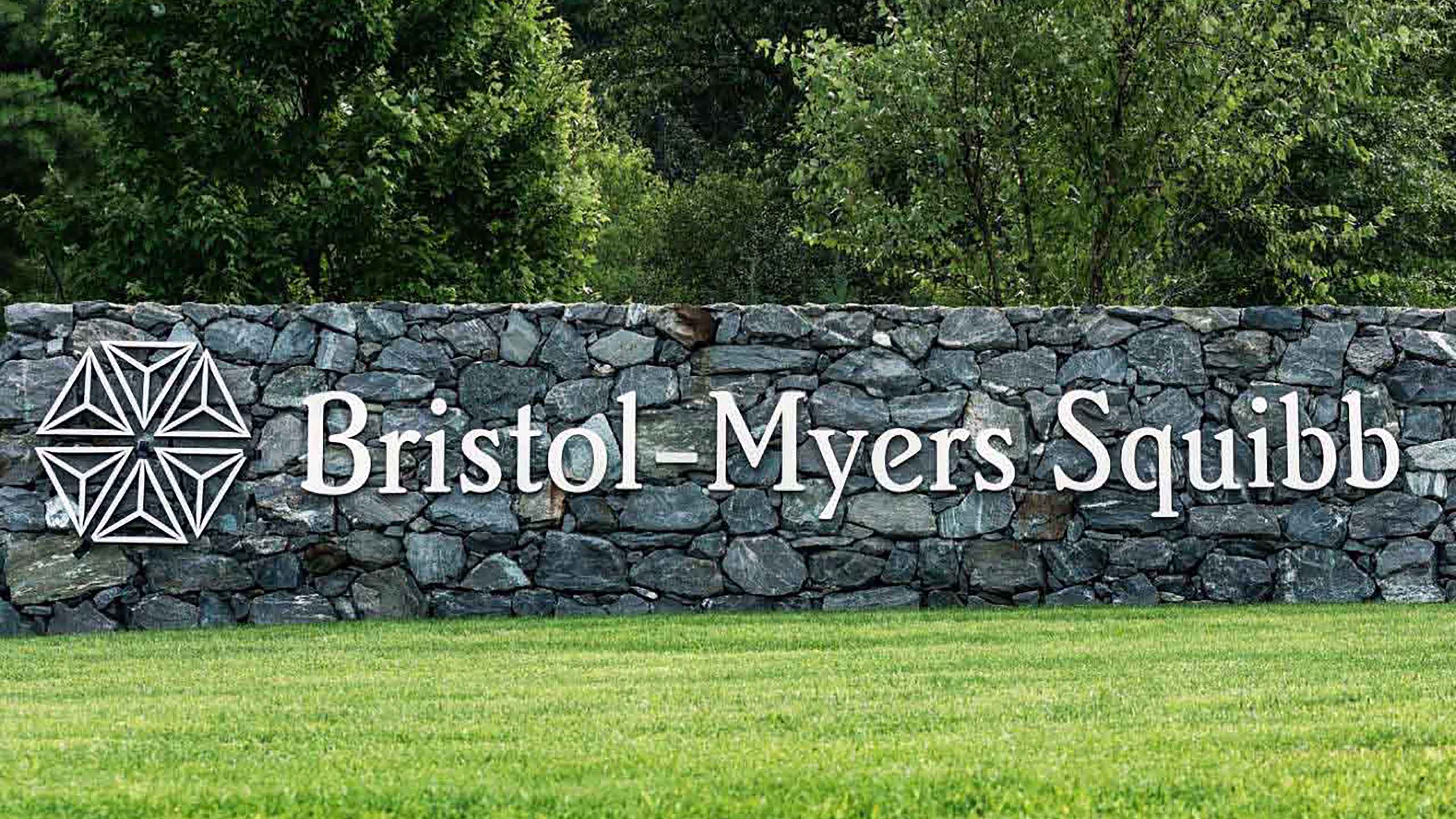
Bristol-Myers Squibb
- Market value: $127,095 million
- Price-earnings ratio: 12
- Yield: 3.2%
Drug giant Bristol-Myers Squibb’s (BMY, $56) 2019 acquisition of biotech firm Celgene added $18 billion in debt to its balance sheet, and some investors frowned on the deal. But Celgene has catapulted Bristol’s revenue and earnings to double-digit growth, following static results in recent years. The first three months of 2020, the first measure of the combined company, saw sales jump 82%, thanks mostly to Celgene drugs.
The deal also beefed up Bristol’s pipeline of new drugs and its cancer-treatment portfolio. Morgan Stanley analyst David Risinger says the combined firm has trials underway for treatments for seven cancer types, including lung, bladder and liver cancer, with key results expected in 2020 or 2021. The drugs could bring in $12 billion in annual U.S. sales over the next three to five years.
The stock trades at 12 times estimated earnings—close to historic lows and a discount to the average forward price-earnings ratio of 23 for large drug firms. Plus, the stock yields 3.2%.

Guardant Health
- Market value: $7,624 million
- Price-earnings ratio: Not material
- Yield: --
One day soon, a routine Guardant Health (GH, $77) blood test may be able to detect cancer before symptoms appear. “That’s the biggest and most exciting part of the business,” says Kaufman, and it could open a billion-dollar market for the company.
Although that test is still in clinical trials, revenue from Guardant’s other business, precision oncology testing, has doubled every year since 2016. The tests rely on a patient’s blood or urine to help doctors match patients with personalized therapies based on the molecular profile of their tumors.
The company logged $214 million in revenue in 2019, but profits aren’t expected until at least 2022. Even so, Canaccord Genuity analyst Max Masucci says Guardant Health has good long-term growth prospects. In the meantime, the company has no debt and $520 million in cash on its books.
13 Best Vanguard Funds for the Next Bull Market

Iovance Biotherapeautics
- Market value: $4,318 million
- Price-earnings ratio: Not material
- Yield: --
The science behind Iovance Biotherapeutics’ (IOVA, $30) drugs is “next-wave technology,” says Robert W. Baird analyst Madhu Kumar. The company’s treatments spur your immune system to fight cancer cells.
In the treatment, tumor-infiltrating lymphocytes, which can recognize and kill cancer cells, are removed from a patient’s tumor, grown in a lab, then returned to the patient to help fight cancers. Mid-stage tests of the firm’s treatment for melanoma show that in 30% of cases, the therapy can shrink cancers, “head and shoulders above the 10% standard efficacy rate of other drugs,” says Kumar. The treatment still needs FDA approval, but Kumar says he has “high conviction for success.”
Iovance is a risky bet until the FDA approves the firm’s TIL treatment. But the firm has little debt, and it raised another $604 million in a public offering in June, adding to an existing $245 million cash balance on its books.

Iqvia Holdings
- Market value: $26,510 million
- Price-earnings ratio: 26
- Yield: --
Iqvia Holdings (IQV, $139) is a play on biotech advances and technology. Its research-and-development business helps biotech and drug firms as they develop therapies, from clinical-trial design to post-launch monitoring. The tech side offers drug companies ways to measure, analyze and improve efficacy and outcomes, using its cloud-based software.
COVID-19 has disrupted many clinical trials. But CFRA analyst Sel Hardy says Iqvia (pronounced i-Q-via) is one of the “best-positioned clinical research organizations, thanks to its global diversity and leadership position in health care information and technology services.”
One worry: The company has $11 billion in long-term debt. But Hardy expects the firm to deploy its free cash flow—more than $800 million in 2019—to pay that down. And earnings are on the rise. Analysts expect a jump in annual earnings of 20% in 2021 and 11% in 2022. The stock currently trades at 26 times expected earnings, a bit above its average historical forward P/E.
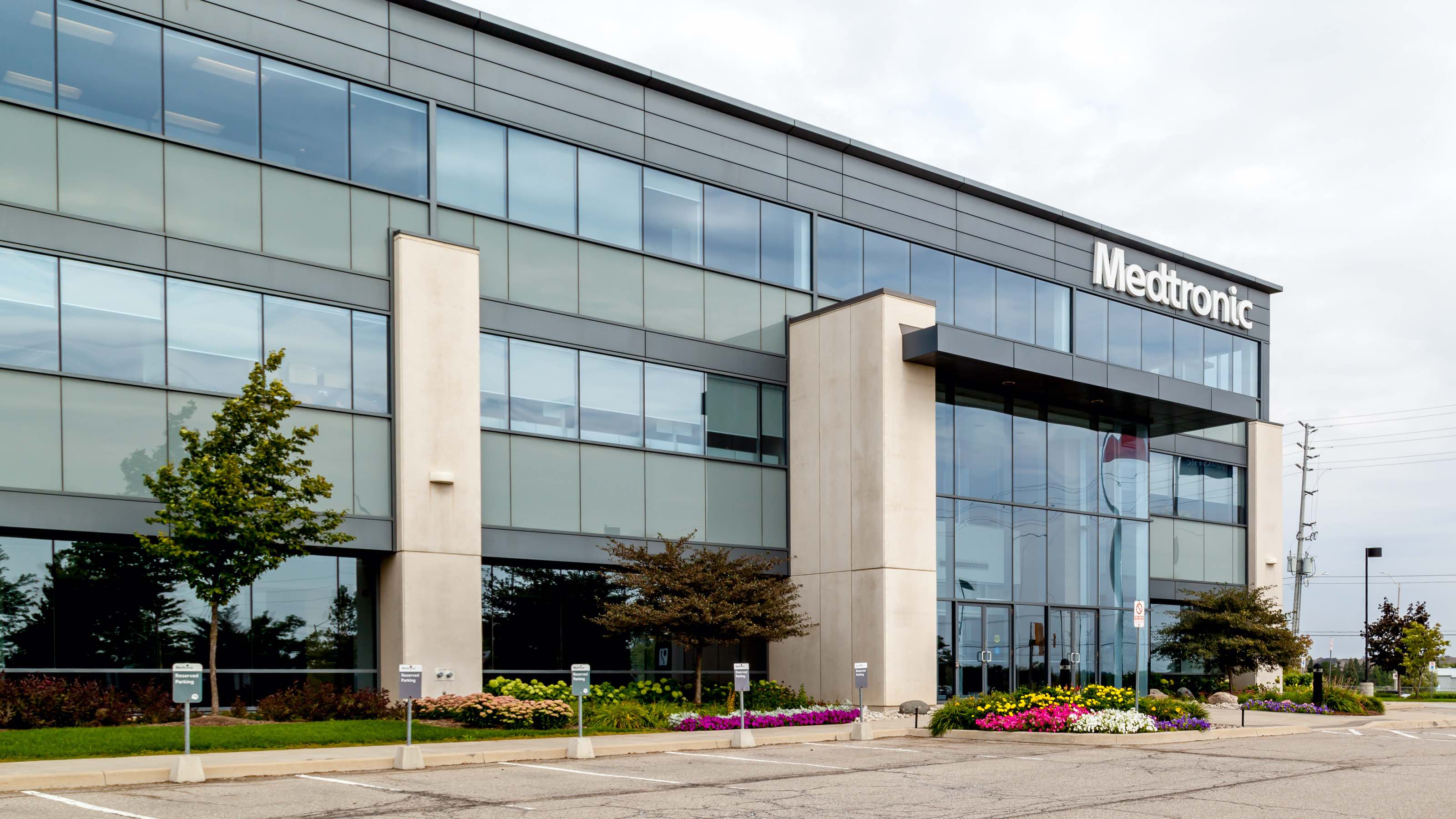
Medtronic
- Market value: $124,917 million
- Price-earnings ratio: 27
- Yield: 2.5%
Medtronic (MDT, $93) is a big kahuna in medical devices. Its broad offerings include products that address cardiac, vascular and neurological disorders, among other ailments. It also makes surgical and surgery products, such as stapling devices and mesh implants.
Competition is stiff, and COVID-19 has delayed nonessential procedures, slowing demand for some Medtronic products. But Medtronic dominates many of its markets, and the pace of elective surgeries is picking up.
Medtronic shares trade at 27 times estimated earnings; the typical medical-products stock trades at a P/E of 36. BofA Securities analyst Bob Hopkins expects Medtronic revenue to jump after 2021, with the launch of a new version of its leadless pacemaker, which will be suitable for a higher number of cardio patients, and the debut of the firm’s long-anticipated robotic-assisted surgery system.
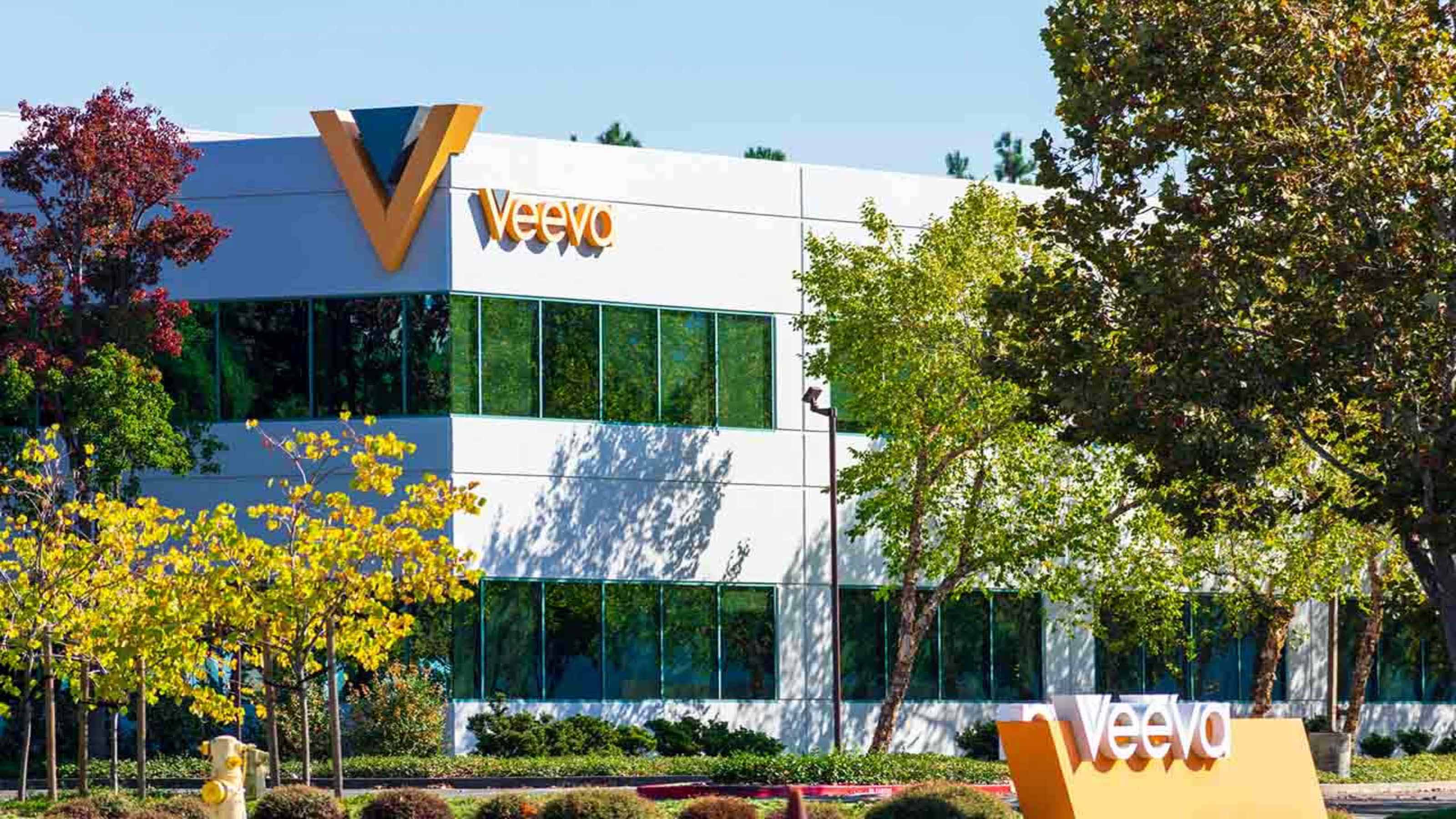
Veeva Systems
- Market value: $32,534 million
- Price-earnings ratio: 119
- Yield: --
Veeva Systems (VEEV, $217) offers cloud-computing services, among other tech offerings, to health care companies including Eli Lilly, Gilead Sciences and Merck. The stock has soared recently because of high pandemic-related demand for Veeva’s services. Consider buying on a dip.
The firm’s flagship content management system, Vault eTMF, used during clinical trials, is a top choice among drug companies of all sizes, says William Blair analyst Bhavan Suri. It organizes essential documents so that they are always regulator-ready, allowing all participants in the study—drug firms and outside contractors, for instance—to communicate in real time. The system is a launching platform that allows Veeva to cross-sell related data management services. Suri expects earnings to climb by 11% for the fiscal year ending in January 2021, and by 21% for fiscal 2022. Meanwhile, the company is financially strong, with little debt and just over $1 billion in cash and securities.
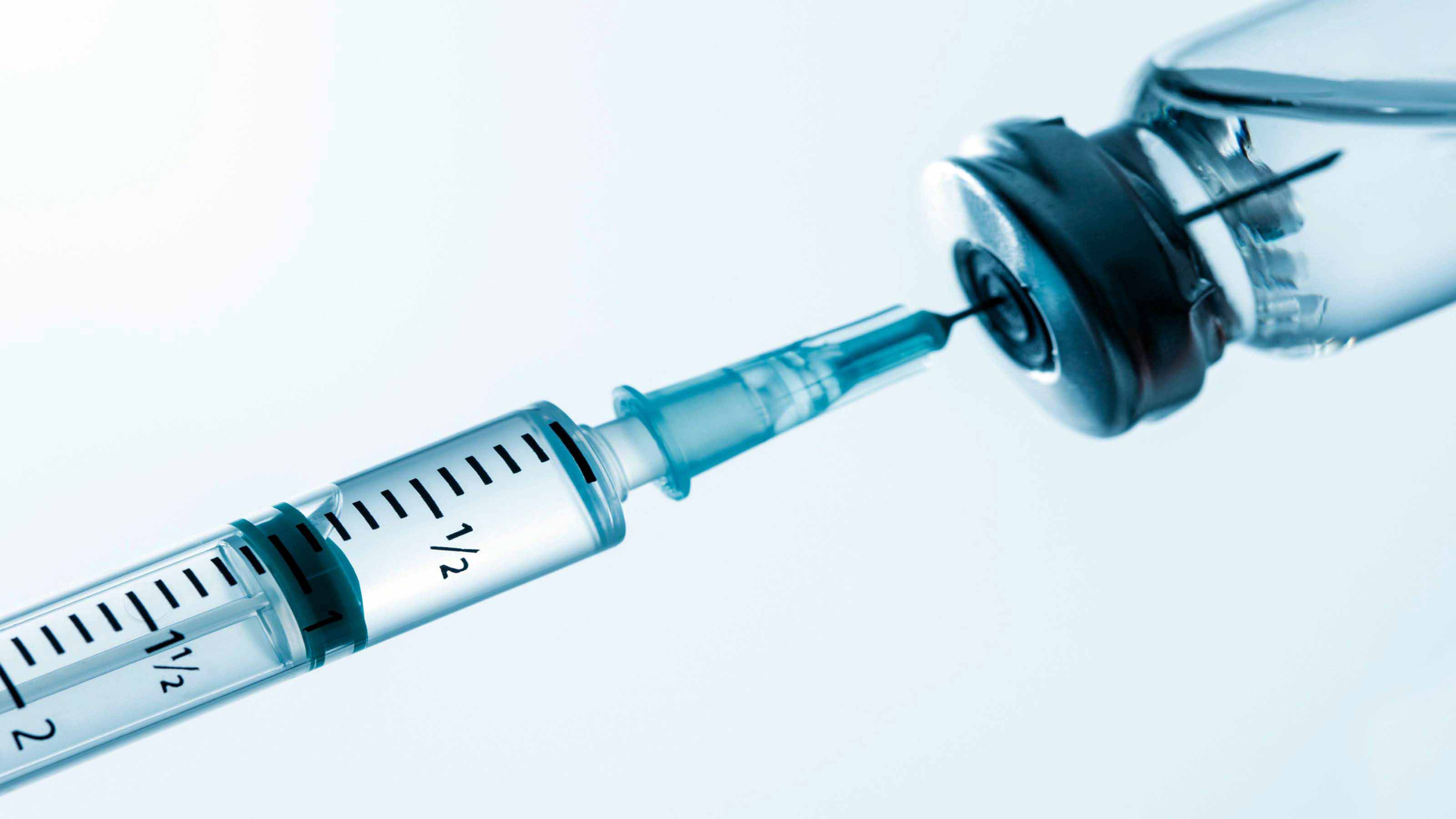
West Pharmaceutical Services
- Market value: $14,774 million
- Price-earnings ratio: 56
- Yield: 0.3%
West Pharmaceutical Services (WST, $201) makes the thumb-size vials that hold injectable drugs. “These are not commodity products,” says Baron Health Care manager Neal Kaufman, meaning they’re not mass-produced. They have specialty coatings to prevent drug contamination. West dominates many of the markets in which it sells products.
West’s product lineup also includes items for drug delivery and research, including syringes that can be prefilled, auto-injection syringes, and devices used to reconstitute, mix and transfer drugs. Many will be used by various companies to develop a COVID-19 vaccine. With West, you “benefit from the potential for a vaccine without having to place a bet on the winner,” says Kaufman.
The COVID factor has boosted West’s stock, and shares are expensive relative to other medical-products stocks. But Kaufman says the shares could significantly exceed expectations. “This company will generate strong revenue growth for many years to come.”

Great Funds to Invest in Health Care
A fund is a good option for investors who want a lower-risk path to investing in health care stocks. (Returns are through June 12.)
At Baron Health Care (BHCFX, expense ratio 1.10%), manager Neal Kaufman and assistant manager Joshua Riegelhaupt look for fast-growing companies with “open-ended opportunities in large markets and competitive advantages over peers,” says Kaufman. This fund has only a two-year history, but it has returned 16.1% annualized since its launch, which beats the S&P 500 Health Care index. UnitedHealth Group, Abbott Laboratories and AstraZeneca are top holdings.
Fidelity Select Health Care (FSPHX, 0.70%) is a member of the Kiplinger 25, our favorite no-load funds. Since Eddie Yoon took over in 2008, the fund has returned 16.5% annualized, beating the 13.2% average gain for health funds. Yoon invests big slugs in established firms, such as Roche Holdings and UnitedHealth, and boosts returns with light bets (less than 1% of assets each) in burgeoning biotech and medical-equipment stocks.
Ziad Bakri, a former physician, has run T. Rowe Price Health Sciences (PRHSX, 0.76%) since 2016. He focuses on firms that are transforming and improving care, “making leaps in advances in human health,” he says. More than one-third of the fund’s assets are invested in biotech firms. Top holdings include UnitedHealth Group, Vertex Pharmaceuticals and Thermo Fisher Scientific. Over the past three years, Health Sciences has returned 13.9% annualized, ahead of 80% of its peers.
Our favorite exchange-traded fund in this sector is Invesco S&P 500 Equal Weight Health Care (RYH, price $215, expense ratio 0.40%), a Kiplinger ETF 20 member. The fund rebalances quarterly; each stock gets an equal portion of assets. Over the past three years, the ETF has returned 9.1% annualized. ETFs offer investors a way to dive deep into a sector. iShares US Medical Devices (IHI, $256, 0.43%) and SPDR S&P Biotech (XHE, $84, 0.35%) are worth a look. The Medical Devices ETF has a three-year, 16.7% annualized return, which beats 91% of its peers. Top holdings include Abbott Labs and Thermo Fisher. The S&P Biotech ETF has gained 12.8% annualized over the same period, and it counts among its top holdings Quidel, which makes rapid diagnostic tests (including one for COVID-19) and DexCom, a maker of high-tech glucose-monitoring systems for diabetes patients.
Profit and prosper with the best of Kiplinger's advice on investing, taxes, retirement, personal finance and much more. Delivered daily. Enter your email in the box and click Sign Me Up.

Nellie joined Kiplinger in August 2011 after a seven-year stint in Hong Kong. There, she worked for the Wall Street Journal Asia, where as lifestyle editor, she launched and edited Scene Asia, an online guide to food, wine, entertainment and the arts in Asia. Prior to that, she was an editor at Weekend Journal, the Friday lifestyle section of the Wall Street Journal Asia. Kiplinger isn't Nellie's first foray into personal finance: She has also worked at SmartMoney (rising from fact-checker to senior writer), and she was a senior editor at Money.
-
 Ask the Tax Editor: Federal Income Tax Deductions
Ask the Tax Editor: Federal Income Tax DeductionsAsk the Editor In this week's Ask the Editor Q&A, Joy Taylor answers questions on federal income tax deductions
-
 States With No-Fault Car Insurance Laws (and How No-Fault Car Insurance Works)
States With No-Fault Car Insurance Laws (and How No-Fault Car Insurance Works)A breakdown of the confusing rules around no-fault car insurance in every state where it exists.
-
 7 Frugal Habits to Keep Even When You're Rich
7 Frugal Habits to Keep Even When You're RichSome frugal habits are worth it, no matter what tax bracket you're in.
-
 The 24 Cheapest Places To Retire in the US
The 24 Cheapest Places To Retire in the USWhen you're trying to balance a fixed income with an enjoyable retirement, the cost of living is a crucial factor to consider. Is your city the best?
-
 5 Stocks to Sell or Avoid Now
5 Stocks to Sell or Avoid Nowstocks to sell In a difficult market like this, weak positions can get even weaker. Wall Street analysts believe these five stocks should be near the front of your sell list.
-
 Financial Abuse Is on the Rise: What It Is and What to Do About It
Financial Abuse Is on the Rise: What It Is and What to Do About ItDomestic violence almost always includes financial abuse. Here’s help on identifying and understanding it and how to get help and leave in a safe way.
-
 Best Stocks for Rising Interest Rates
Best Stocks for Rising Interest Ratesstocks The Federal Reserve has been aggressive in its rate hiking, and there's a chance it's not done yet. Here are eight of the best stocks for rising interest rates.
-
 The Five Safest Vanguard Funds to Own in a Volatile Market
The Five Safest Vanguard Funds to Own in a Volatile Marketrecession The safest Vanguard funds can help prepare investors for market tumult but without high fees.
-
 2023 Investment Outlook’s Big Question Focuses on Recession
2023 Investment Outlook’s Big Question Focuses on RecessionFundamentals, earnings and diversification are key after a year that left us feeling like we have a bit of a hangover.
-
 The 5 Best Inflation-Proof Stocks
The 5 Best Inflation-Proof Stocksstocks Higher prices have been a major headache for investors, but these best inflation-proof stocks could help ease the impact.
-
 The 12 Best Bear Market ETFs to Buy Now
The 12 Best Bear Market ETFs to Buy NowETFs Investors who are fearful about the more uncertainty in the new year can find plenty of protection among these bear market ETFs.
